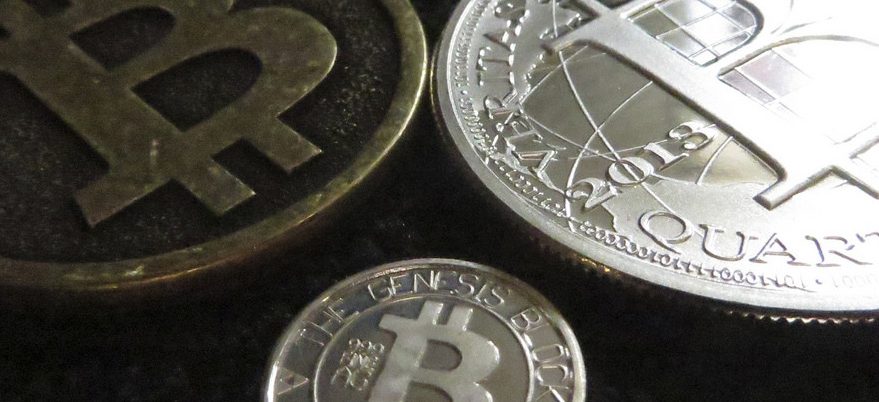|
Getting your Trinity Audio player ready...
|
Indonesia’s central bank has become the latest monetary authority to clamp down on cryptocurrencies, following a decision to outlaw the use of digital currencies by fintech payments companies.
The move was accompanied by a statement suggesting the bank will now consider whether further regulatory measures are needed to tackle trading on cryptocurrency exchanges, in events that would effectively lead to a practical ban on virtual currencies in Indonesia.
Sugeng, the deputy governor of Bank Indonesia, was unequivocal in a statement on Thursday morning, announcing that “financial technology operators are banned from using virtual currency in payment system activities.”
The regulations were signed into law back in November, but have been made public for the first time on Thursday. Financial technology companies developing payment systems will now be obliged to register with BI, and to ensure no cryptocurrencies are used in payments through their systems.
According to representatives from the bank, the measures are designed to increase regulatory oversight over digital currencies, which the bank considers to pose a threat to the wider Indonesian economy.
While the latest developments will be a blow to Indonesia’s fintech scene, the move has been signposted by Bank Indonesia for some time. As far back as 2014, the bank cautioned against the risks of using cryptocurrencies, and subsequently outlawed payment processors from handling cryptocurrency transactions.
This has been backed by governor of the bank, AgusMartowardojo, who highlighted the potential for digital currencies to be used in terrorism financing and money laundering, while declaring these currencies could not be regarded as legal tender in Indonesia.
The decision comes at a time of increasing pressure from regulators and central banks worldwide, largely in response to the continuing growth in SegWit1x and other cryptocurrency markets.
While regulators in the U.S., Europe and elsewhere have been notably liberal to date in their approach to regulation, this contrasts with the position in China and Russia in particular, where a more heavy-handed stance has been favored.
While trading on cryptocurrency exchanges remains unregulated for the time being, the bank’s head of legal, RosaliaSuci, said this was a situation the bank “continues to look into.”

 02-27-2026
02-27-2026 




